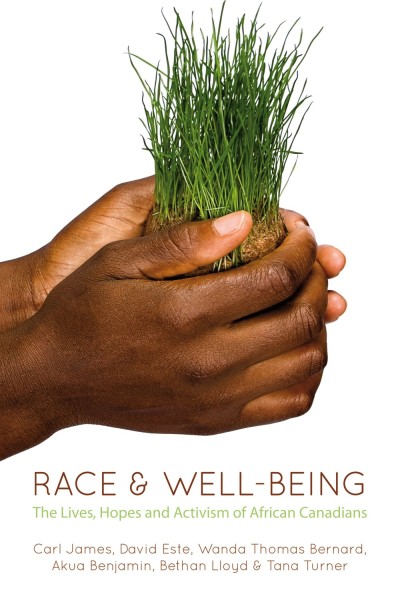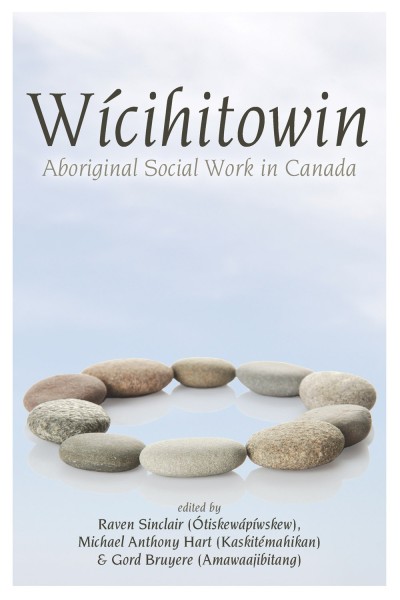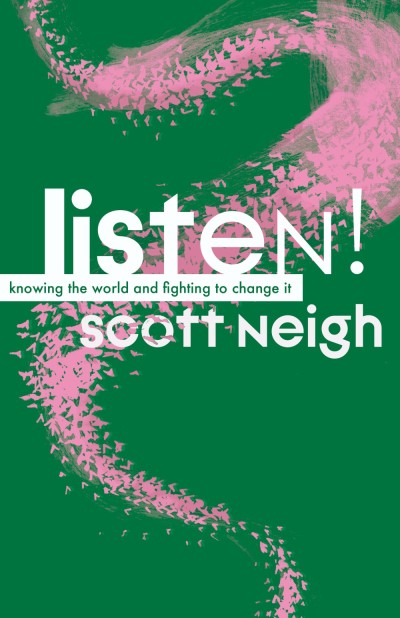
Doing Anti-Oppressive Social Work, 4th Edition
Rethinking Theory and Practice
This book continues the strong tradition of three editions but adds new issues and cutting-edge critical reflection of anti-oppressive practice.
About the book
Doing Anti-Oppressive Social Work brings together critical social work authors to passionately engage with pressing social issues, and to pose new solutions, practices and analysis in the context of growing inequities and the need for reconciliation, decolonization and far-reaching change. The book presents strong intersectional perspectives and practice, engaging closely with decolonization, re-Indigenization, resistance and social justice. Like the first three editions, the 4th edition foregrounds the voices of those less heard in social work academia and to provide cutting-edge critical reflection and skills, including social work’s relationship to the state, and social work’s responsibility to individuals, communities and its own ethics and standards of practice. Indigenous, Black, racialized, transgender, (dis)Ability and allied scholars offer identity-engaged and intersectional analyses on a wide-range of issues facing those working with intersectional cultural humility, racism and child welfare, poverty and single mothers, critical gerontology and older people, and immigrant and racialized families. This 4th edition of Doing Anti-Oppressive Social Work goes well beyond its predecessors, updating and revising popular chapters, but also problematizing AOP and engaging closely with new and emerging issues.
What people are saying
Lena Dominelli, Social Work, University of Stirling“Doing Anti-Oppressive Practice – this fourth collection, co-edited by Donna Baines, Natalie Clark and Bindi Bennett, builds on the great foundations of the previous editions. This edition emphasizes the importance of First Nations, Metis and Inuit knowledges and their contributions to anti-oppressive practice and resistance to oppressive and destructive colonialist practices. Its seventeen chapters cover many aspects of identity, celebrating social constructs of reality and intersectionality within identities, especially within the Canadian context. In discussing the many dimensions of this story, the book highlights the role social workers, embedded within state structures, have played in oppressing marginalised and disenfranchised groups. It also provides salutary reminders of having social work’s commitment to equality and valuing diversity observed and enhanced not only in Canada/Turtle Island, but more widely throughout the world to live up to its espoused ideals.”
Sarah Todd, School of Social Work, Carleton University“I have loved teaching from this book because it so helpfully explores the most pressing issues for social work in Canada by drawing on the most exciting voices in the discipline. This new edition, once again, demonstrates how a conceptually informed approach to exclusion and marginalization is the unique framework that social work contributes to helping practices and social transformation.”
Mary Valentich, professor emerita, Social Work, University of Calgary“Important topics, central to social work practitioners in every field and educators who wish to address individual/familial/community issues of diverse vulnerable persons and groups within a social justice framework.”
Contents
- Foreword Raven Sinclair
- Introduction to Anti-oppressive Practice: Roots, Theory and Tensions (Donna Baines and Natalie Clark)
- Intersectional Practice
- Perseverance, Determination and Resistance: An Indigenous Intersectional Analysis of Social Work Colonial Violence in the Lives of Indigenous girls (Natalie Clark)
- Understanding the State: A Central Anti-Oppressive Social Work Skill (Donna Baines and Dylan Lambi Raine)
- Cultural Humility and Work with Aboriginal LGBTQI+ (Trevor Gates and Bindi Bennett)
- Seeing Low Income Single Moms: Intersectionality Meets Struggles for an Anti-Oppressive Practice (Lea Caragata)
- Theory and Praxis
- Critical Clinical Social Work: Working in the Context of Trauma and (dis)Ability (Catrina Brown and Judy MacDonald)
- Occupied Spaces: Unmapping Standardized Assessments (Kristin Smith)
- Bridging the Activist-Practice Divide: Advocacy, Organizing, and Social Movements (Donna Baines and Jaclyn Sauer)
- Re-Imagining Social Work Resistance Through the Resistance of the Below: Knowledge, Bodies, and Solidarities (Fritz Pino)
- Specific Lived-Experience and AOP with Specific Groups of People
- Soup Days and Decolonization: Indigenous Pathways to Anti-Oppressive Practice (Bonnie Freeman)
- Anti-Black Racism, Bio-Power, and Governmentality: Deconstructing the Suffering of Black Families Involved with Child Welfare (Doret Phillips and Gordon Pon)
- Getting to the Heart of the Matter: Connecting Anti-Oppressive Social Work Practice to a Social Oppression Model of Disability (Irene Carter, Roy Hanes and Judy MacDonald)
- Gender-Affirming Care in Canada: Aspirations of Anti-Oppressive Care For and With Trans People (Kinnon MacKinnon, Daniel Grace, Stella L. Ng, Suzanne R. Sicchia, Lori E. Ross)
- Anti-oppressive social work with older adults: Counter-Storytelling and Other Strategies (Wendy Hulko, Shari Brotman, Louise Stern, Illyan Ferrer)
- “No One Cares More About Your Community Than You”: Approaches to Healing With Secwépemc Children and Youth (Natalie Clark)
- Afterword
- Black Canadians and Anti-Oppressive Social Work Wanda Thomas Bernard
- Closing Words Banakonda Kennedy Kish and Ben Carniol











_cover_REV_400_600_90_s.jpg)

